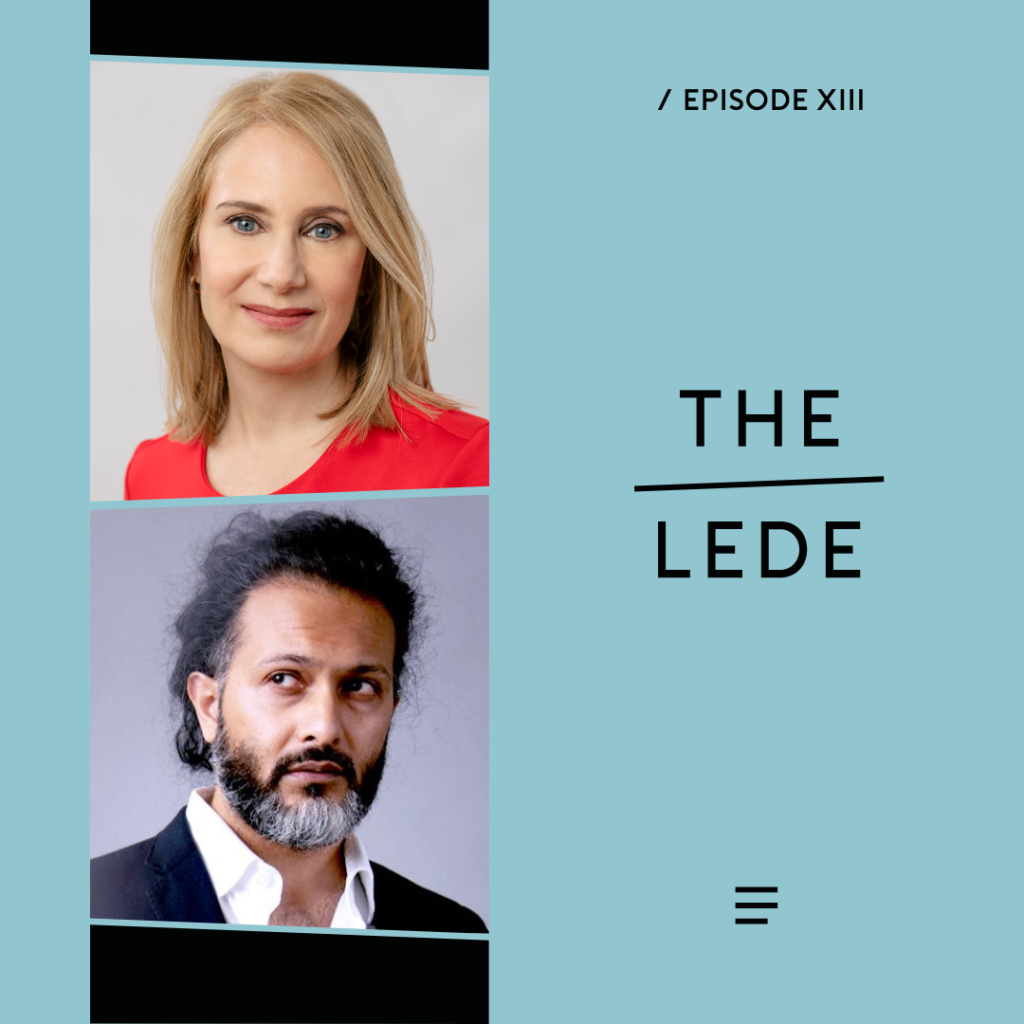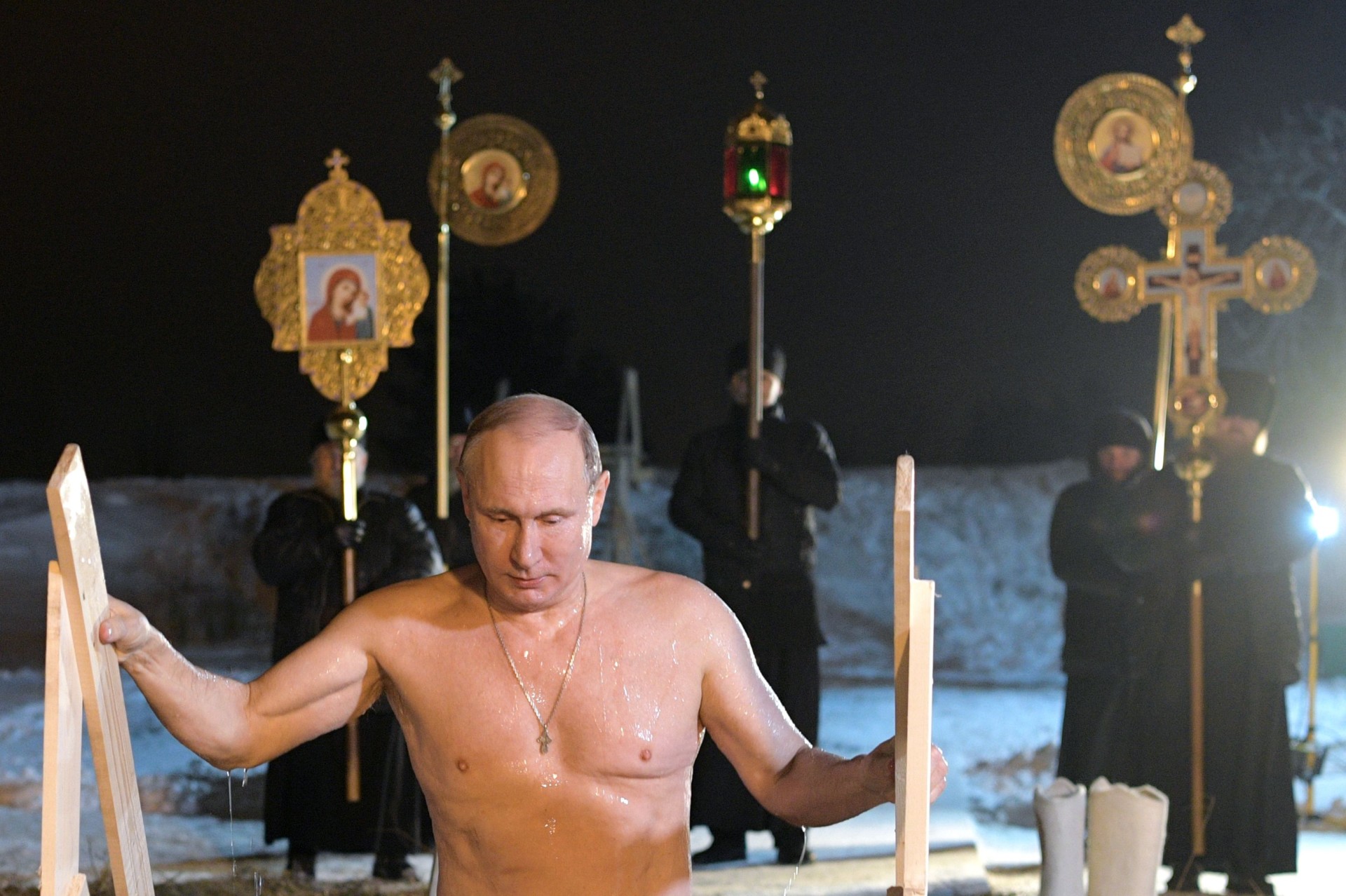Since the turn of the century, the global tide of democracy has begun to recede. Men like Putin in Russia, Modi in India, Erdogan in Turkey and of course Trump in the United States have all sought to subvert their countries’ institutions and consolidate their own authoritarian rule.
“These men have similar personalities,” Ruth Ben-Ghiat tells New Lines’ Faisal Al Yafai. “They’re ruthless. They have no moral code. They are opportunistic. They will be whatever the public needs them to be at that moment.”
Ben-Ghiat, a historian of Italian fascism at New York University, watched their rise with a combination of horror and recognition. In her book, “Strongmen: From Mussolini to the Present,” she compares the men behind the current wave of autocratization to their counterparts from the 1930s and the Cold War. “The way they get to power changes over 100 years. But the net effect of what they do is much the same.”

“These are people who come to power and organize the state around their personal obsessions and needs.”
She believes there are two main things that define a “strongman”. The first is personalist rule. “These are people who come to power and organize the state around their personal obsessions and needs,” she explains. The second is their appeal to masculinity — “all strong men use machismo as a way of legitimizing themselves.” This, she says, is the reason Putin is so often photographed shirtless and why Trump brags about his sexual prowess.
This emphasis on masculinity is why most strongmen tend to be just that — men. But the recent election of far-right populist Giorgia Meloni as prime minister of Italy complicates that picture.
“She is actually a strongwoman,” Ben-Ghiat says. “The first one we’ve had.”
Produced by Joshua Martin


